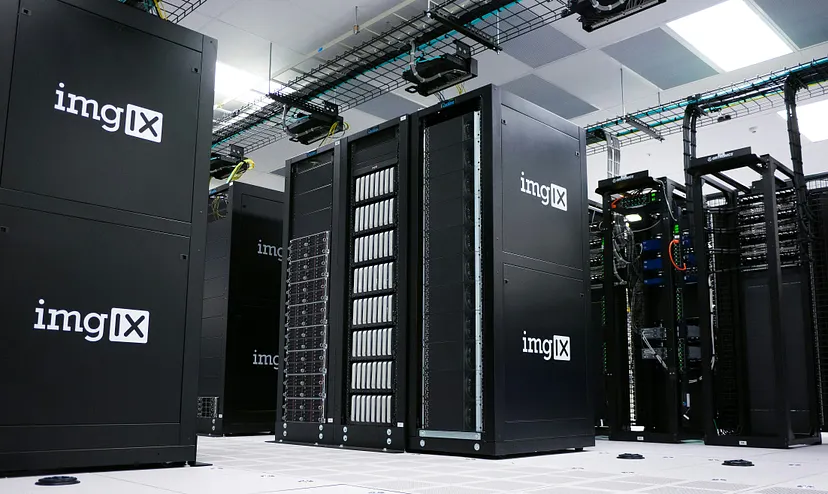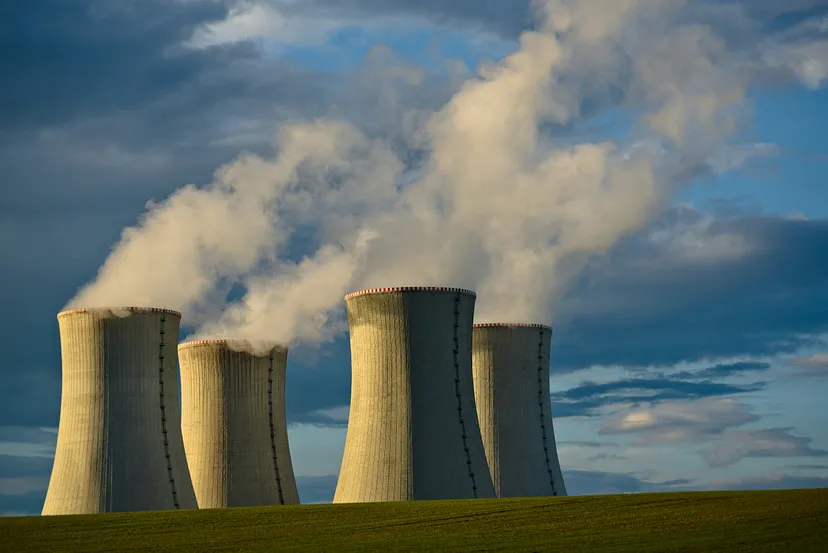Nuclear Energy Renaissance: Is It Reasonable To Be Scared?
There is still reason to fear nuclear energy, considering it will be in the hands of these large companies who, in truth, only seek profit. Though nuclear energy seems to be very beneficial, it may be a slippery slope as the industry grows over time and AI being used to spark new ideas. While nuclear energy seems to be a great option for both energy efficiency and our many climate goals, a citizen must always remain cautious when private industry has its hands on the wheel.
Nuclear Energy Renaissance: Is It Reasonable To Be Scared?

After years of distancing ourselves from it, many American companies have recently reinvested into nuclear energy. Can we expect an environmental disaster on the horizon, or will we reap the benefits of clean, efficient energy?
A Brief History Of American Nuclear Energy
Looking solely at the number of standing nuclear power plants in every country, the United States has the most. In 1957, the United States’ first large-scale nuclear power plant was opened in Pennsylvania. We kept investing and building new plants all the way up until 1973, when the last plant was planned in the United States. A few years later in March of 1979, the US experienced the largest nuclear disaster in its history: the Three Mile Island accident. This accident can be attributed to the typical suspects, a combination of both equipment and human error. However, the strange part about this incident is that no one died or was injured during the accident. Even in its aftermath, none of the locals were negatively affected. The environmental impact of the event was considered to be minimal, and was easily cleaned up. Still, the media reception to the accident was negative, with the cover of Times Magazine reading “Nuclear Nightmare.” The American population grew largely against the idea of nuclear power. Though the existing plants still ran and plants in the midst of construction continued to be built, no new plants were planned for construction after the accident. However, this, as of very recently, has changed.

The Story You’re Living In
Understanding the plans of four tech giants — NVIDIA, Google, Microsoft, and Amazon — are important to understanding why tech giants are investing in Nuclear Energy.
Microsoft, in September of 2024, has officially signed a deal to repurchase the plant on Three Mile Island, where the largest nuclear disaster on American soil ever occurred. With this, there are plans to completely reopen the plant.
Amazon has signed many agreements to support “innovative nuclear energy projects,” enabling the construction of many new nuclear power plants.
Google has made long term deals in order to fund the next generation of nuclear power in the form of “SMRs” or Small Modular Reactors.
NVIDIA has not invested in nuclear energy so far, which, as you’ll soon see, is a very surprising fact.

Why Now?
The simple question to ask right now, is why? Why have top American tech companies recently begun mass investment into nuclear energy? The simple answer to this question is Artificial Intelligence. Specifically, it involves the need for data centers to handle large investment in AI. AI has been the obsession of the stock market for a while now, and every company wants a slice of the pie.
However, only one company has really seen massive growth as a result of AI, and that is NVIDIA. While other companies have invested in AI itself, NVIDIA has been leading the creation and sale of data centers to other companies. These data centers not only cost money, which is why NVIDIA has seen a massive increase in profit, but also require incredible amounts of energy. Energy that, as these big companies see it, we don’t have. Energy consumption for Microsoft has increased by approximately 15 million megawatt hours in the time between 2020 and 2023, and is expected to rise. It’s predicted that 10% of all electricity in America will be used purely for data centers sometime in 2030. A clear issue arises when taking a look at the goals of many of these companies to be “carbon negative.” By 2030, Microsoft expects to reduce their carbon footprint more than they increase it. The solution to this has been unanimous among these tech giants: nuclear energy.

Why Nuclear?/Nuclear Innovations
Not only is nuclear energy an extremely efficient energy source, it is also much more environmentally friendly than other forms of power such as fossil fuels, and more space-efficient than solar panels and wind power.
In comparison to nuclear power, wind farms require approximately 360x more land and solar plants require 75x more land, making nuclear energy much more space-efficient. Google’s recent investment into these previously stated “SMRs,” or Small Modular Reactors, would be beneficial in lowering the current amount of space needed for a reactor, making nuclear energy even more space-efficient.
Additionally, nuclear power is very efficient at producing energy, with one uranium pellet (of around an inch tall) capable of producing as much energy as 17,000 cubic feet of natural gas, 120 gallons of oil, and 1 ton of coal. Further, this is just data for uranium. There has been research into using thorium as a form of nuclear energy which is considered to be even more efficient and may produce less nuclear waste than uranium. On the topic of nuclear waste, it is the largest downside of nuclear power and a good reason to be against the investment into nuclear power. However, with innovations in nuclear power, many proper handling and disposal methods for nuclear waste have been made. Nuclear waste has definitely been over-exaggerated to some extent, and is generally much more safe than some might think.

Recap / What Can We Expect?
There is still reason to fear nuclear energy, considering it will be in the hands of these large companies who, in truth, only seek profit. Though nuclear energy seems to be very beneficial, it may be a slippery slope as the industry grows over time. AI has proven that it aims to continually sap away at our resources. Microsoft has not only seen an increase in total energy usage, but also in water consumption, likely due to investment in AI technology. AI seems to be the obsession of the market, and it does not seem likely the market will change trajectory any time soon. This slippery slope may include future problems involving nuclear waste, or perhaps another form of energy arising that won’t be as climate friendly as nuclear. As of now though, we can expect many more nuclear power plants to be built (or specifically more Small Modular Reactors), and in theory, regain dominance over other countries who are also aiming to invest in nuclear power, such as China and Russia. Nuclear energy seems to be a great option for both energy efficiency and our many climate goals, though a citizen must always remain cautious when private industry has its hands on the wheel.
